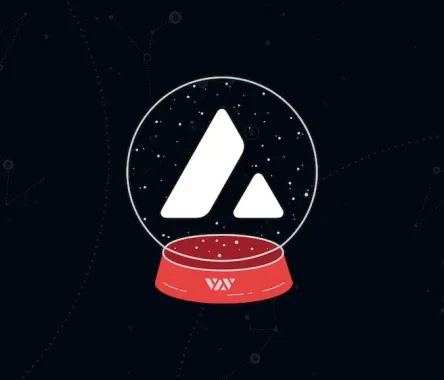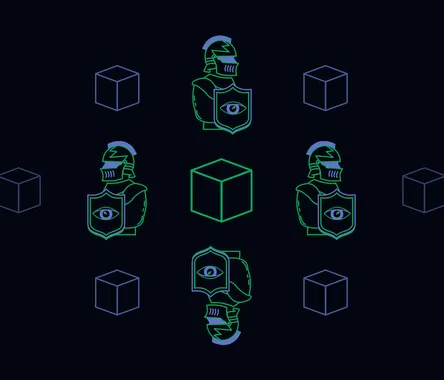Rollups explained in simple terms
jun 09
If you have ever used any services on Ethereum, you should know that you have to pay gas fees for them, and those fees can be quite pricey. That’s happening because Ethereum's data bandwidth is limited, and when the demand is high, the cost of transactions goes up and the speed goes down.
Each transaction consists of bytes and every byte of data costs gas. Ethereum forms transactions into blocks that are gas limited, it means that each block can only house a certain amount of data. In terms of throughput, Ethereum’s speed is currently about 55 transactions per second or TPS.
How can we scale Ethereum without moving everything off-chain? And that's where rollups come in. Rollups are considered one of the safest solutions for scaling Ethereum. This technology leverages Ethereum's security and keeps some data per transaction on-chain, while taking the computation off-chain to Layer-2 protocols. This approach allows to increase throughput up to ~4800 TPS, or ~85 times.
To make this happen, rollups use smart contracts to take transaction computation outside the Ethereum network, then shape them into batches, and publish them back to the network.
Each batch consists of data state of the previous batch, the transactions themselves in a highly compressed form, and updated data state after the transactions have been processed.
And how is compression attained? One of the most important data compression tricks is about signatures, which are required to verify transactions. Instead of one signature per transaction, as on the main network, rollups aggregate many signatures into one, allowing one signature per batch of nearly 100 transactions.
A rollup will still have to pay a gas fee for publishing a batch on-chain, however, batching those transactions together will make this commission fee considerably lower.
For example, if you send ETH from one wallet to another and the current gas price is 100 gwei, that would cost you about $8 in commissions on Ethereum and about $2 on a rollup solution. And if you want to make a trade on Uniswap with the same gas price, on Ethereum you will have to pay approximately $40. While on a rollup, you will pay around $7 for the same transaction.
But then what about security, you may ask - are rollups trustworthy as well? The way rollups verify transactions and make sure no malicious acts get through differentiates them by type. You can learn about the different types of rollups in our video describing zk-rollups and optimistic rollups and the main difference between them.





